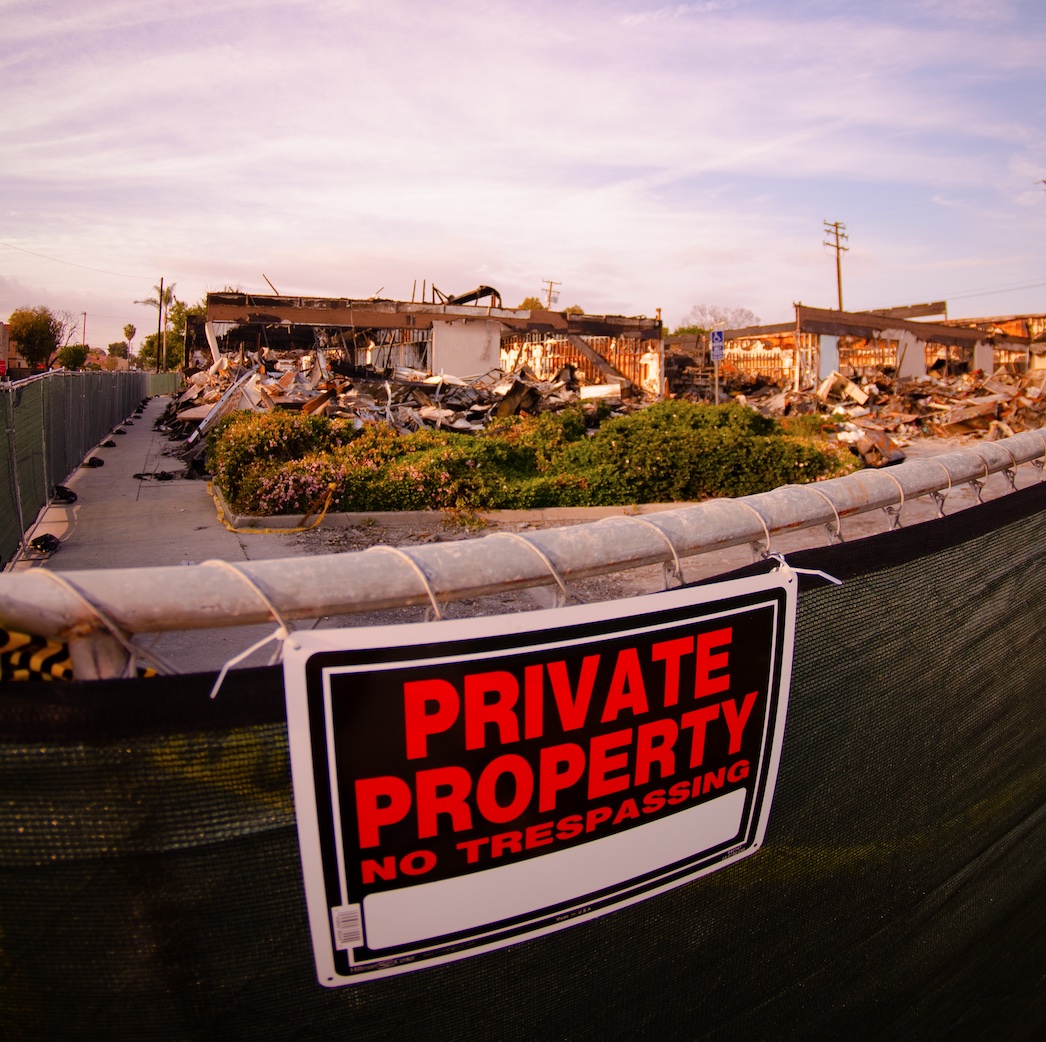In a case of eminent domain, fair market value and just compensation are not the same thing.
Eminent domain refers to the government’s authority to appropriate private property for public use in exchange for just compensation for the owner. The fair market value of the property being taken is one of the most important things to think about when figuring out how much compensation is fair.
However, fair market value and just compensation are not the same thing. This article will talk about the difference between these two phrases and what it means for landowners who are going through eminent domain action.
What Does Fair Market Value Mean in Determining Just Compensation?
To answer the question, ‘What Does Fair Market Value Mean in Determining Just Compensation?” we need to define fair market value and just compensation.
Fair market value is the sum that, in a free and open market, a willing buyer would provide to a willing seller in exchange for the property.
In a case of eminent domain, an appraiser figures out the property’s fair market value by looking at the current market conditions, the property’s physical features, and its highest and best use.
The appraiser will look at recent sales of similar properties to figure out what the property being taken is worth on the open market.
However, fair market value is not the only factor determining just compensation. Just compensation also includes damages that may result from taking the property.
Some of these damages are the cost of moving, the loss of profits from a business, and other financial losses caused by the loss of property.
What is Just Compensation?
Just compensation is a legal term that means the government has to pay a property owner a fair and reasonable amount of money if it takes their property by force.
When taking private property for public use, the government must provide just compensation, according to the Fifth Amendment of the United States Constitution. This constitutional requirement ensures that property owners don’t lose their property unfairly or don’t get enough money for it.
While fair market value is an important component of just compensation, it is not the only factor. Determining just compensation can also include:
- The cost of moving.
- The loss of business profits.
- Any other economic damages that may come from taking the property.
In some cases, determining just compensation can be a complicated and contentious process. The government might try to undervalue the property or downplay the damage to reduce the amount of money the property owner owes as compensation.
In an eminent domain case, property owners need an experienced eminent domain lawyer who can fight for their rights and make sure they get fair compensation.
In short, “just compensation” is a constitutional requirement that makes sure people who lose their property get fair and reasonable money for it. It includes fair market value and any other damages resulting from the taking.
An experienced eminent domain lawyer can be very helpful in helping property owners figure out what fair compensation is and fight for their rights.
The Role of an Eminent Domain Lawyer
An eminent domain lawyer can help property owners through the complicated process of an eminent domain case in a big way.
An experienced lawyer can help property owners understand their rights, talk with the government, and, if necessary, go to court to protect their interests.
The government has significant resources and legal power in an eminent domain case. Property owners need an experienced lawyer who can level the playing field and ensure they get the right amount of money for their property.
The Importance of Understanding the Difference between Fair Market Value and Just Compensation
For property owners going through an eminent domain case, it is very important to know the difference between fair market value and just compensation.

Fair market value is just one part of determining fair compensation, and property owners may get more than just fair market value in damages. Damages can be big, including moving costs, lost business profits, and other financial losses.
Property owners may occasionally be able to negotiate a settlement with the government that provides them with just compensation, such as damages that go above and beyond what the property is worth on the market.
But it can be hard to negotiate a fair settlement, so property owners should hire an experienced eminent domain lawyer to look out for their best interests.
Conclusion
In a case of eminent domain, fair market value and just compensation are not the same thing. Fair market value is the sum that, in a free and open market, a willing buyer would provide to a willing seller in exchange for the property.
Just compensation includes both the fair market value of the property and any damage caused by taking it. Property owners who are going through an eminent domain case should hire an experienced eminent domain lawyer to help them understand their rights and negotiate a fair settlement.


Join the conversation!